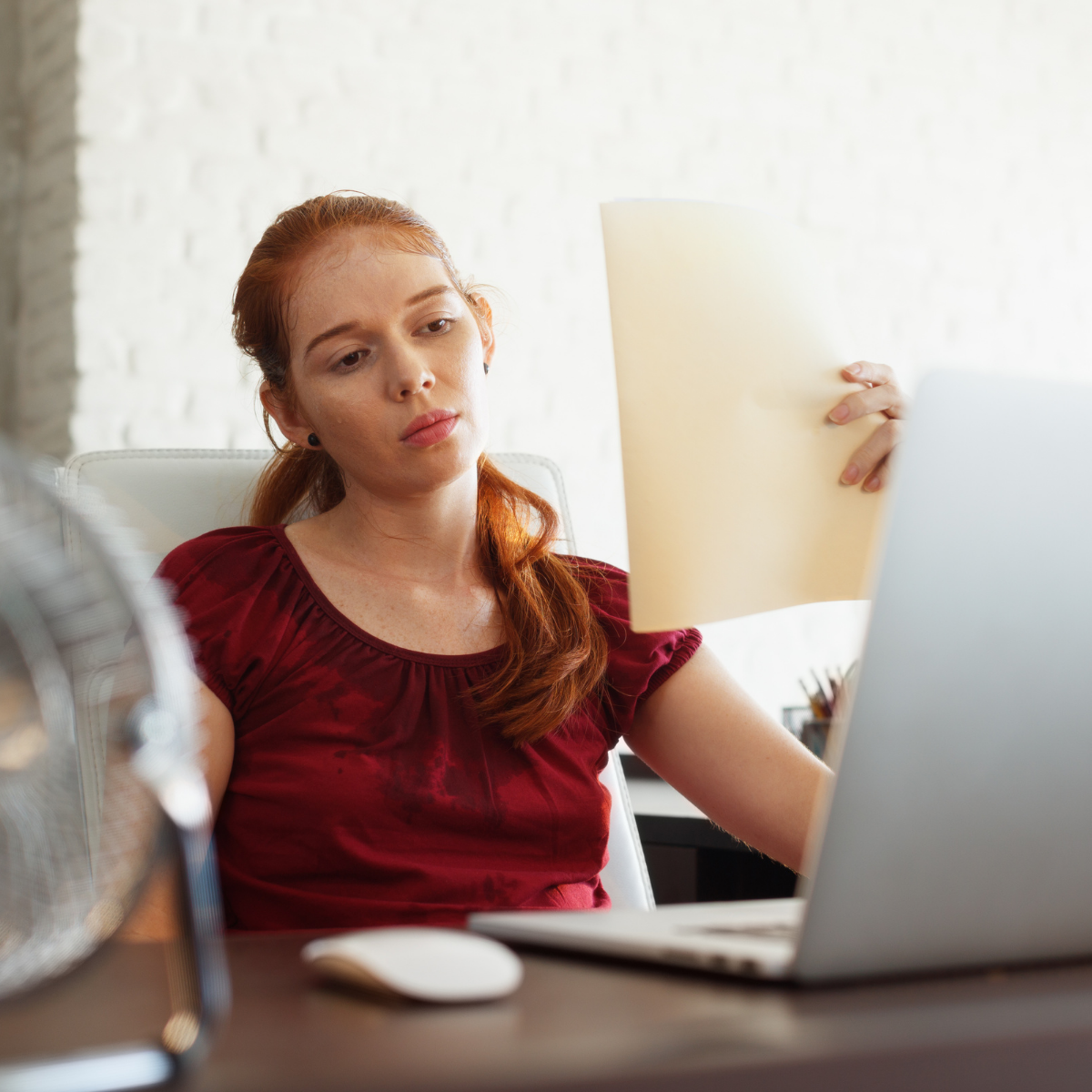Causes and risk factors:
There are two types of sweat glands in our body Eccrine and Apocrine gland. Eccrine glands sweat glands are distributed all over the body and they secret water based sweat which is odorless while apocrine gland are mostly found in perianal and armpit regions. Apocrine gland is active during stress and sexual excitement and they release a substance which is thick and it provides nutrients to the bacteria present on the skin. Bacterial decomposition of this substance produces an odor. Some people naturally sweat a lot. Use of alcohol, spicy food, caffeine, and emotional stress is certain factors which causes increased sweating. Fever, Hypertension, thyroid disorders are some conditions which can cause increase sweating.
Clinical presentations:
The patient can come up with complaints of profuse sweating which has a bad odor. Night sweat without any obvious cause can be one of the complaints. Sweat odor can also pose a social embarrassment at times.
Diagnosis and investigations:
Usually sweating does not need any medical attention. However if there are other associated symptoms like fever, restlessness, pain in chest, difficulty in breathing etc along with sweating then one should consult a doctor. As per the symptoms the doctor can advise certain investigations.
Treatment:
Use of antiperspirant and deodorants has found to be beneficial. Maintaining of good personal hygiene like wearing clean clothes, having bath twice a day are the essential measure to be implemented.






























